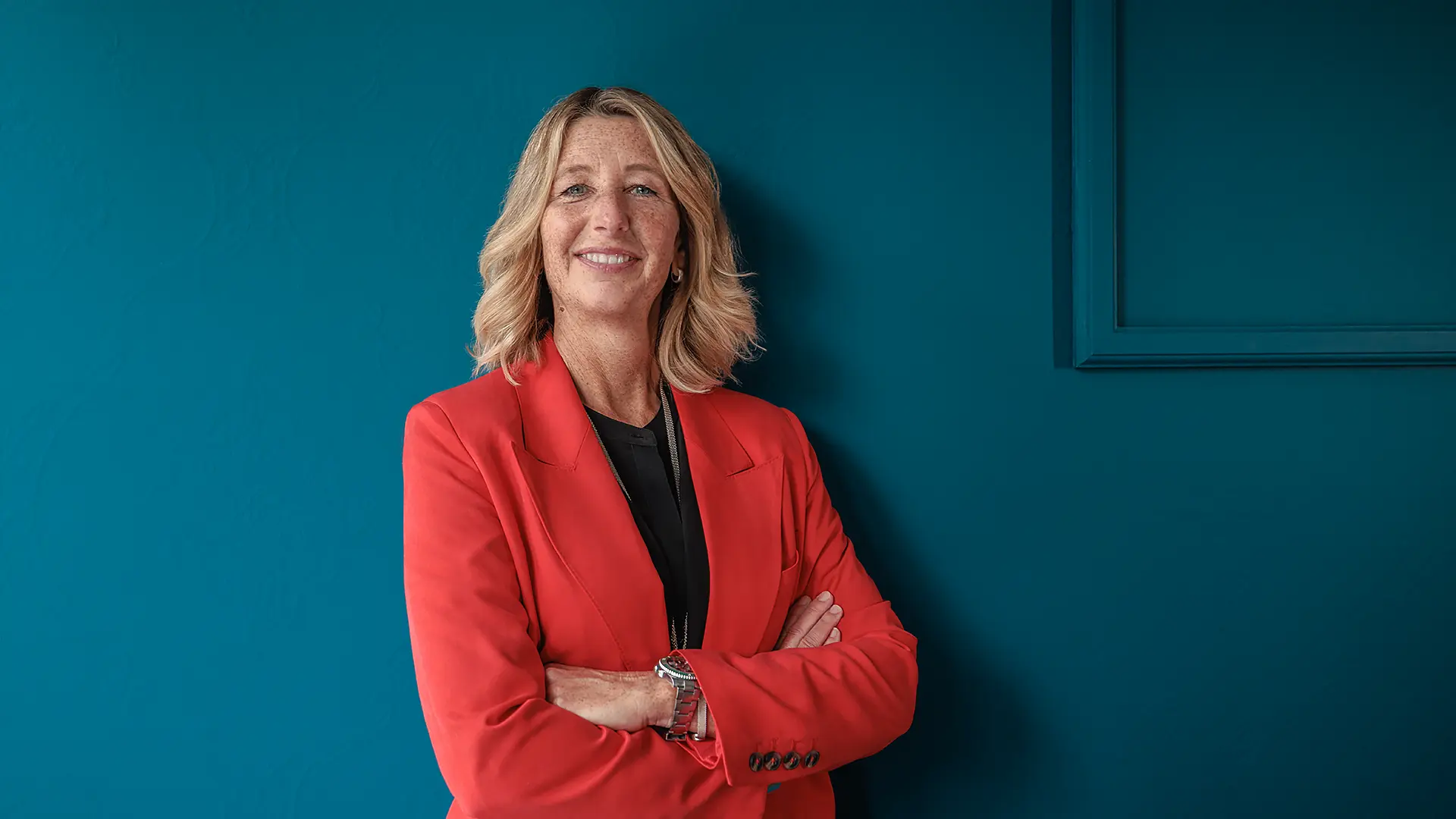The Power of Southeast Asia and Our Mission Towards Zero Emissions

In the beginning of February, I met with my colleagues from DHL Consulting Asia Pacific at Kota Kinabalu, Malaysia, for our annual offsite meeting. We discussed trends and challenges impacting Deutsche Post DHL Group and its customers. Digitalization is one of the main drivers behind Southeast Asia’s unprecedented growth. Of course, the increasing demand in the region presents vast business opportunities.
Besides this, DPDHL Group’s corporate social responsibility in the region received much attention during our meeting. When expanding our industry’s geographical footprint in markets such as Malaysia, this gives us a chance to look at our social and ecological footprints – which are inherently tied to our business operations. As business leaders, we need to push for our companies to pursue a positive social mission. It is our responsibility to bridge the gap between self-interest and societal needs.
Southeast Asia’s Rapid Economic Growth
With a total population of 620 million, the Southeast Asian market is significantly larger than Germany and the US combined. The enormous growth potential of the region becomes clear when comparing its GDP growth rate of ≈5.2 percent with the ≈2.5 percent of the EU and the US.
The digital economy and eCommerce particularly are rapidly expanding in Malaysia, Indonesia, and Thailand. This presents international companies like DPDHL Group with immense opportunities, as there is a huge demand for tailored and reliable logistics solutions in the region.
DPDHL Group aims to generate 30 percent of its revenues from emerging markets by 2020. DHL Consulting has actively supported DPDHL Group’s expansion into emerging economies over the past years. An example is the market entry of DHL eCommerce into Thailand, Vietnam, and Malaysia, led by Charles Brewer. (Learn more on this in a related article by Charles Brewer on his blog the-future-of-ecommerce.)
A Closer Look at Malaysia
Online shopping is on the rise in Malaysia. B2C eCommerce sales grew by approximately 34 percent to 3.8 billion US Dollars in 2017. Foreign investments in the market are increasing, e.g. Yamato’s acquisition of GDex and Alibaba’s investment in Lazada.
There are several factors that contribute to Malaysia’s attractiveness. There is a whole range of governmental policies in place to stimulate economic development. To further boost the digital economy, the Malaysian government has launched the world’s first Digital Free Trade Zone (DFTZ), for example. The initiative fosters an ecosystem for digital innovation. Malaysia’s geographic location is another benefit: It serves as a central trade hub for growing Asian and key international markets.
When moving into these promising markets, logistics leaders need to leverage their position to create value for society as a whole.
Our Mission 2050 and Corporate Social Responsibility in Malaysia
The growth of the logistics industry inadvertently creates increasing carbon dioxide emissions – one of the main greenhouse gasses. In 2017, we witnessed a two percent emission increase compared to the previous year. In times of climate change, our industry needs to take responsibility for our ecological impact. Therefore, DPDHL Group has embarked on an audacious journey to achieve its Mission 2050, which is zero emissions.
One of the key milestones of Mission 2050 is to join partners in planting one million trees, so we can offset carbon dioxide emissions and counteract climate change. Moreover, the initiative creates a host of other ecological benefits such as rainwater storage and soil stabilization.
In Malaysia, DHL Consulting’s Asia Pacific colleagues work with Sabah Wetlands Conservation Society to plant mangrove seedlings at the Sulaman Lake Forest Reserve. The team of 21 colleagues has successfully planted 100 trees, which will help conserve the mangrove wetland at Sulaman Lake Forest. Have you ever planted a mangrove tree? It’s hard work, trust me!
DHL Consulting is also actively involved in discussions with the Malaysian government and leading local enterprises to deliver efficient city logistics geared towards sustainable urban development. We are convinced that well-planned urban logistics can contribute to the quality of life in big cities and to urban sustainability in general, for example by reducing traffic congestion and bettering air quality.
Outlook
I very much enjoyed my Southeast Asia visit – it is a truly fascinating region. The speed at which the digital economy and eCommerce sector are developing is astonishing. The momentum is now for global logistics leaders to accommodate the rising demands in this region and create value with their logistics expertise. The power of Southeast Asia has only just been unleashed, and there is much more to come.
The socio-ecological consequences of our industry’s operations must receive greater attention moving forward. We can leverage our leading position and expertise to turn our impact into meaningful, sustainable development. Especially in the context of emerging economies, we can be changemakers and create not only economic benefits but also meet socio-ecological priorities. So, for logistics leaders it’s time to act on all fronts: economic, social, and ecological.
What is your view on the potential of Southeast Asia and the related corporate social responsibility of large logistics players? Share your thoughts with me – I am looking forward to an interesting discussion on the topic here on my blog, or on my Twitter and LinkedIn accounts.






